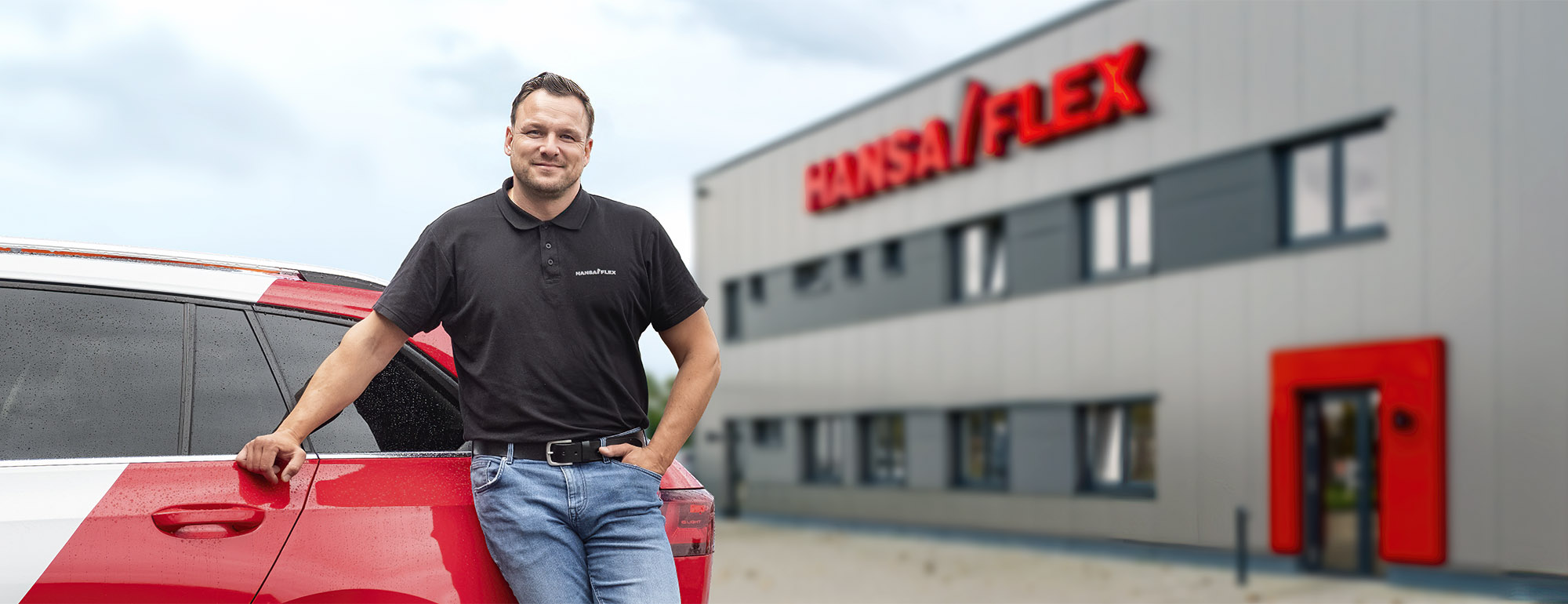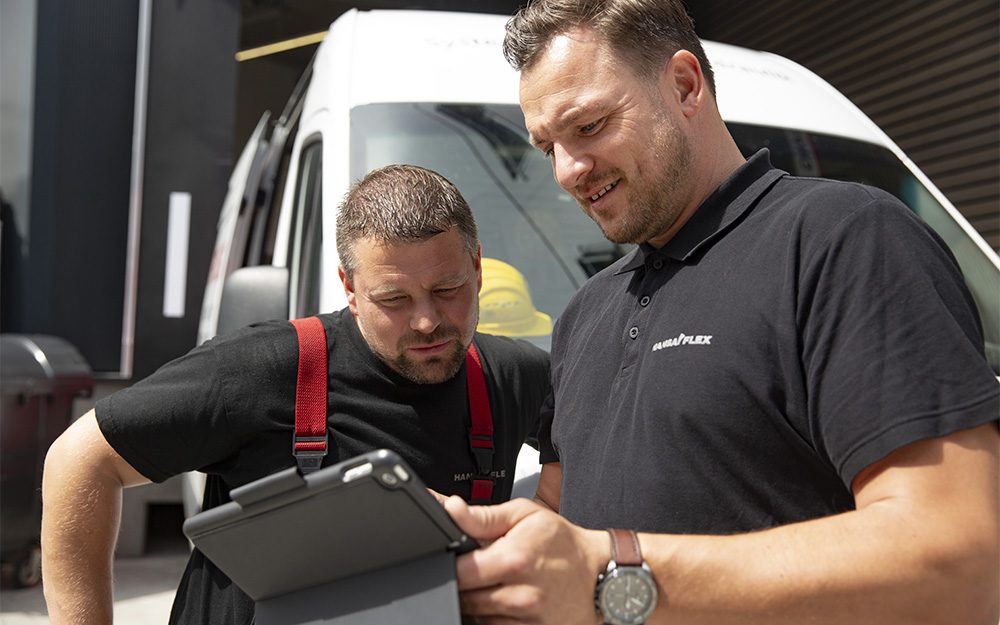From trainee to coordinator of MHS Technicians North
His HANSA‑FLEX journey began with a chance encounter: A bright red service vehicle at a petrol station drew his attention to HANSA‑FLEX and he quickly decided to get a taste of the world of mobile hydraulic services. An internship at the Rostock branch and many years later, he is coordinating the day-to-day work of an entire team of service technicians.
Robert, how did your journey at HANSA‑FLEX start?
I was looking for a new challenge in 2008 after my time in the German army and came across HANSA‑FLEX by chance. A bright red car with a press and hoses on it made me curious. At that time, I decided that I would like to do an internship to familiarise myself with the work of a service technician in the Mobile Hydraulic Service.
Apparently, you enjoyed the internship! What happened next?
It was clear to me: I wanted to get on the car! So I wanted to drive one of the service vehicles myself to visit customers and find solutions on site in emergency situations. And independence was also important to me. I wanted to be my own boss, which works quite well in a car.
How is your new role as a coordinator?
After nine years on the road as a service technician and maintaining and replacing hose lines myself, the opportunity came up for me to develop into the role of coordinator at Mobile Hydraulic Service North.
However, I had built up a solid customer base that I didn't want to simply give up. That's why there was a transition period during which I was able to familiarise my successor intensively and hand over my customers to him.
As a coordinator, I am still driving a lot today, but mostly for other reasons: In the coordinator role, I am responsible for the team as well as being the point of contact for customers when jobs get particularly tricky.
In my current role, I hold monthly meetings with the service technicians and take care of their concerns to have their backs. I also regularly liaise with colleagues from the Hamburg, Schleswig-Holstein and Mecklenburg-Western Pomerania region. I also deal with organisational topics such as holiday planning, complaints and training new colleagues. On the customer side, I get involved when orders are particularly challenging and require a deeper technical understanding.
Finding solutions seems to be important in the MHS. What else is?
Exactly. Being able to find good solutions quickly is a key skill in our field. You need a certain curiosity and spontaneity to be able to take on ad hoc assignments. Our customers need help immediately - it's in the name and we bring that to the street every day. A certain level of stress resistance and the ability to independently gather the information required for the respective assignment are therefore important.
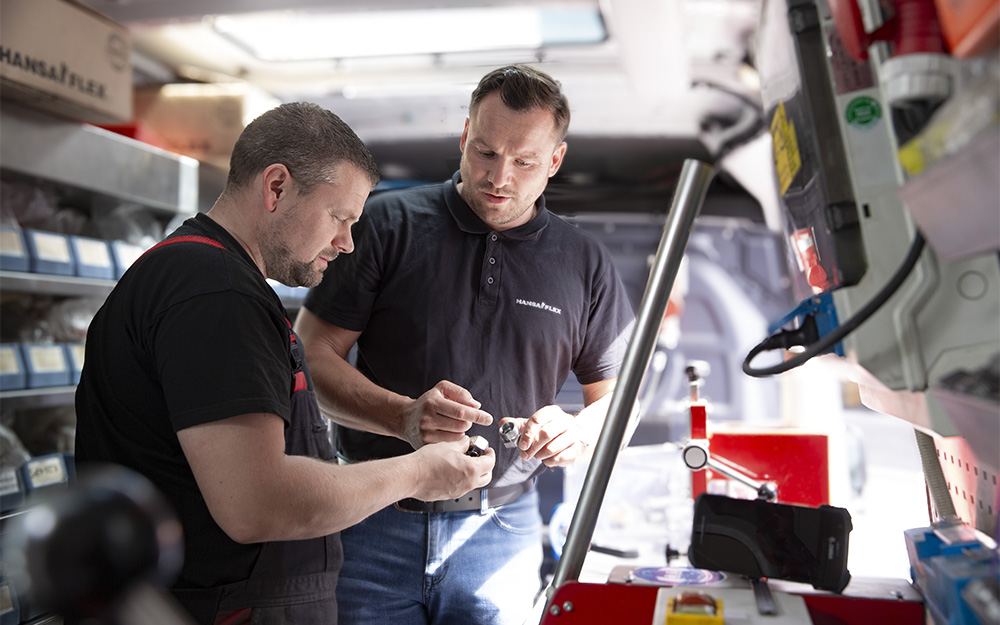
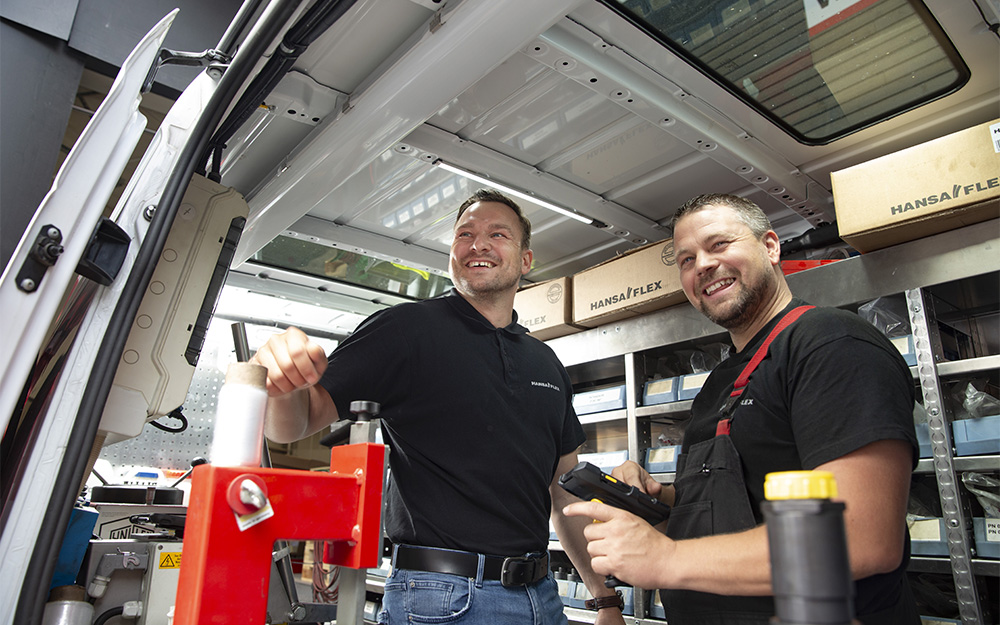
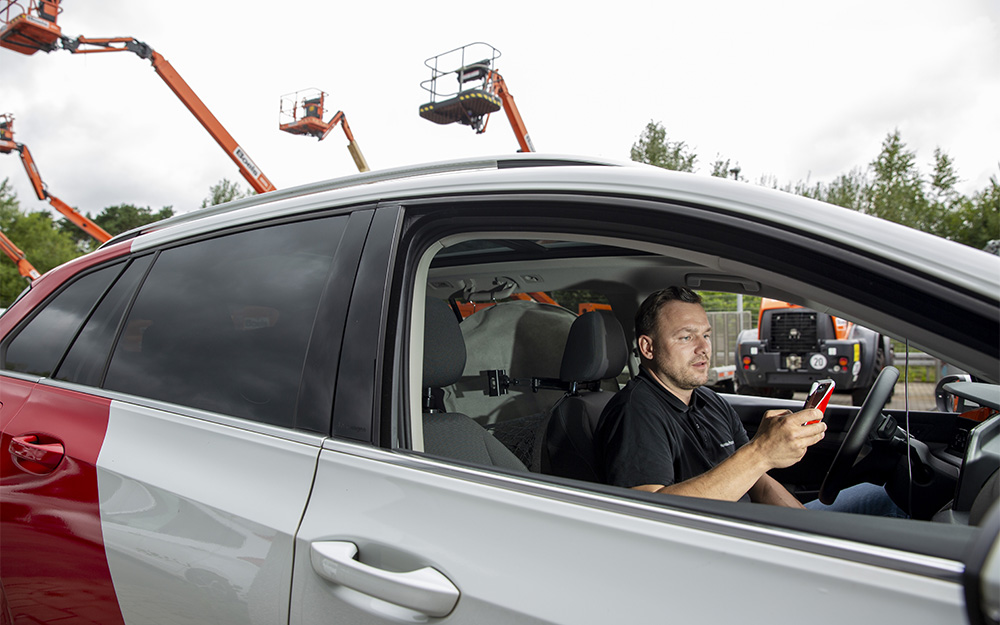
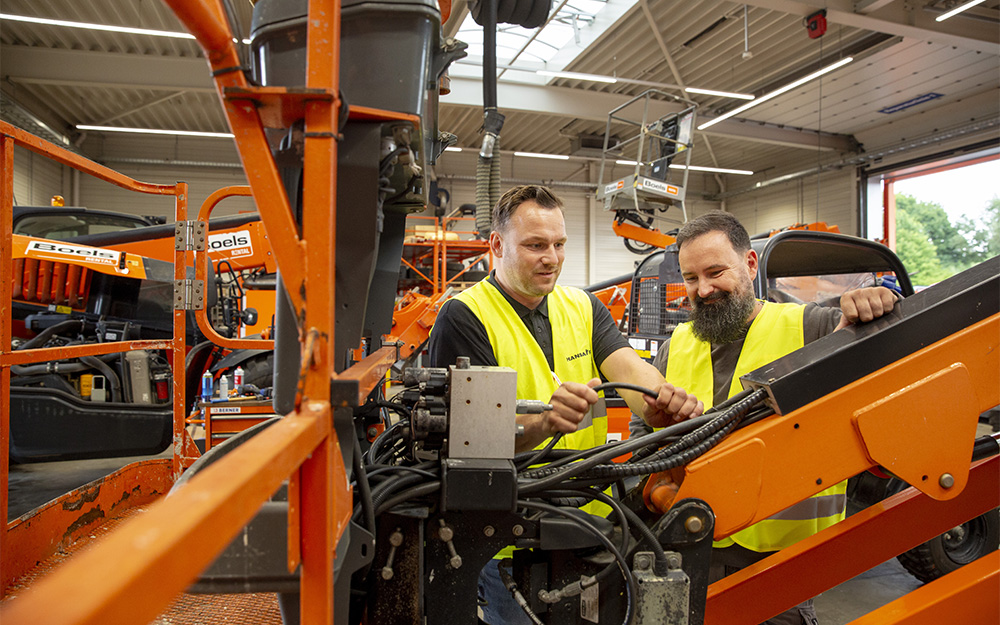
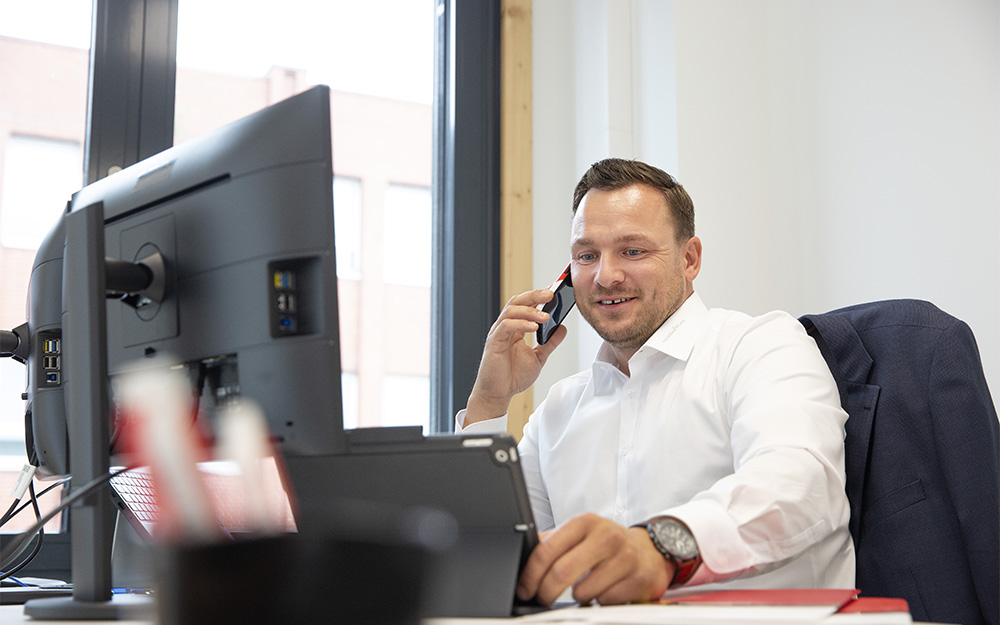
Do you need specific training to become a service technician?
No, but a good basic technical understanding and an interest in learning. We bring together many different characters with diverse professional backgrounds. We can teach new employees the relevant and specific specialist knowledge during their induction. Someone who works on their own car in their spare time, for example, will have a good grounding and can learn the tools they need for the job as a career changer with us.
What qualifications did you gain from your time as a soldier?
I certainly had some practice in quickly adapting to unfamiliar situations. But I was also able to transfer the mentality of being reliable and disciplined. In the Bundeswehr, just like in rapid response service, your troops or your customer and your team must be able to rely on you. You are often driving alone in the service vehicle, but that doesn't mean that everyone works on their own. We swap ideas as a team so that we can learn from each other and we work together to create a good basis of trust within the team.

